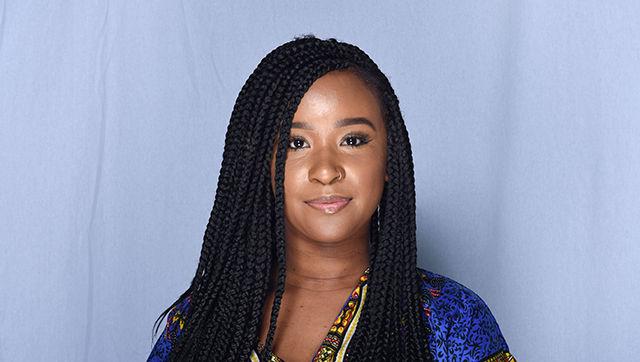“Black excellence” and “black girl magic” are terms that have become relatively popular recently, particularly among social media sites. Today, many African-Americans are proudly proclaiming their heritage, and perhaps there couldn’t be a better time. Serena Williams, President Barack Obama, Simone Biles, Melissa Harris-Perry and many more.
This week I had the misfortune of engaging in a semi-heated debate on Facebook. I hesitate to call it a debate, and I certainly would not label it an argument because that would imply that I had a worthy rival — which certainly was not the case. This man accused me of being rude and disrespectful. He claimed that my concern for the current state of race relations in America was nothing more than a “flavor-of-the-month feel-better activity.” His words, not mine.
Engaging in this kind of dialogue is not a new phenomenon for me, or many other African-Americans. In fact, whenever I find myself in an encounter with racist social media trolls, there is often a process, a ritual of sorts, that I find myself enacting in order to get through the ordeal as sane as possible.
Step one of the ritual involves taking a breath and attempting to remain as rational and calm as possible. This is a rather crucial component of the ritual because if I do blow my cool, I run the risk of being labeled “the angry black woman.”
Step two involves gathering my thoughts in way that is both accurate and witty. Committing oneself to the facts can be difficult when the person on the other end is profusely throwing around ad hominems and straw-man fallacies, but it is important to remain steadfast.
Step three is the most painful of all. It requires proof. By this point, the person has realized that perhaps you do know what you are talking about and the only logical answer is to attack your character and your credentials. In other words, this is the “well who do you think you are anyway” part of the discussion. This is the moment in which I find myself listing my resume: the fact that I am well-educated woman, a published writer, I serve my community regularly, all that jazz. I do this because I know that in the eyes of the other person my humanity is not enough. As a black woman I have to be extraordinary and excellent to be taken seriously.
Breanna Powell, a graduate student studying social work, has also expressed similar sentiments.
“I’ve definitely felt that I had to work harder in order to be as good, or better than my white counterparts,” Powell said. “I’ve had black people and white people change their behavior toward me after telling them I graduated and still attend NC State.”
Black excellence is not a new notion, but black people in this country have not always been and are sometimes still not afforded the same opportunities and advantages as their white counterparts. Perhaps this is what makes black excellence so extraordinary. However, the irony of black excellence is that it is often juxtaposed with white mediocrity.














